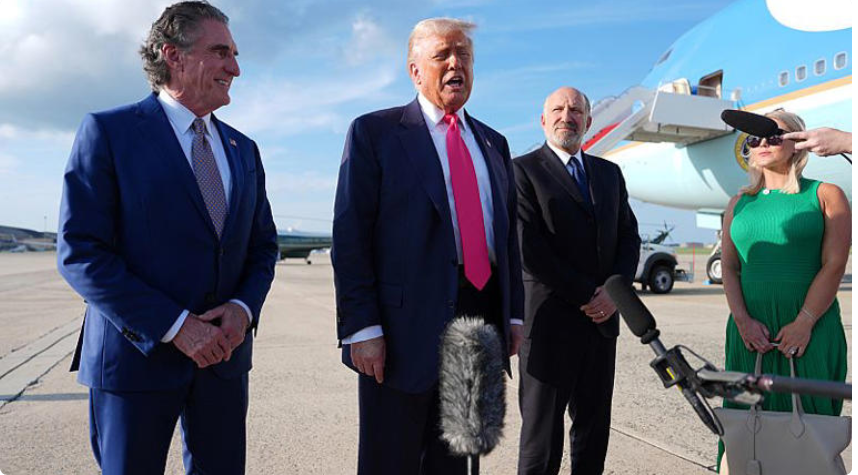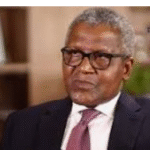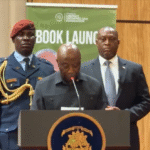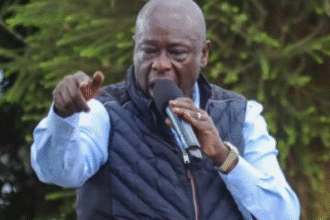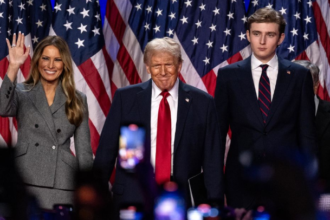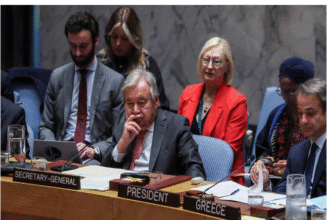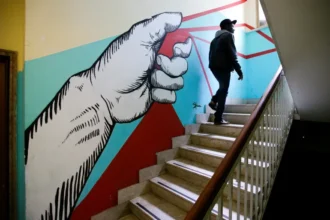By Emily Sims
Washington D.C. – US President Donald Trump is accelerating his tariff agenda, announcing plans to impose new duties exceeding 10 percent on imports from dozens of smaller nations, including several in Africa and the Caribbean. The move signals a sharp shift in US trade policy, which Trump describes as an effort to achieve “reciprocal” treatment in global commerce.
The proposed duties, which could see tariffs as high as 50 percent on goods from countries like Lesotho in Southern Africa, are currently on hold for a three-month consultation period. However, alarm is already growing over their potential long-term economic consequences for these vulnerable economies.
Addressing questions about the scope of the tariffs, President Trump stated, “These are countries. Many of them, you know, like 200 countries. We’ll probably set one tariff for all of them,” suggesting a broad, uniform approach to these nations regardless of individual economic circumstances.
US Commerce Secretary Howard Lutnick echoed the President’s stance, indicating the administration’s intent to handle these smaller nations in a “most effective” way. “The Caribbean countries, African countries. There are a lot of them,” Lutnick commented, affirming the wide reach of the proposed measures.
The proposed tariffs have drawn strong criticism from international bodies, with the World Trade Organization (WTO) urging the United States to reconsider. WTO Director-General Ngozi Okonjo-Iweala has specifically called for African countries to be exempt, warning that such actions “could severely damage developing economies and undo years of progress” achieved through global trade initiatives.
As the three-month consultation period begins, both the affected nations and international trade organizations are emphasizing the need for urgent dialogue. Their aim is to avert a new wave of economic instability, particularly for economies heavily reliant on export trade and already facing significant development challenges.


